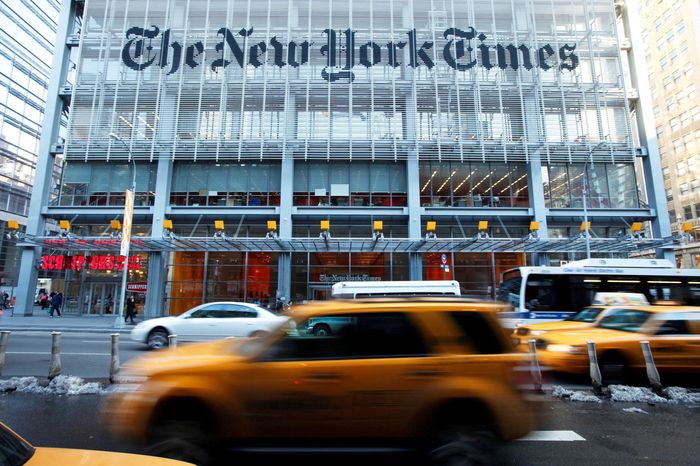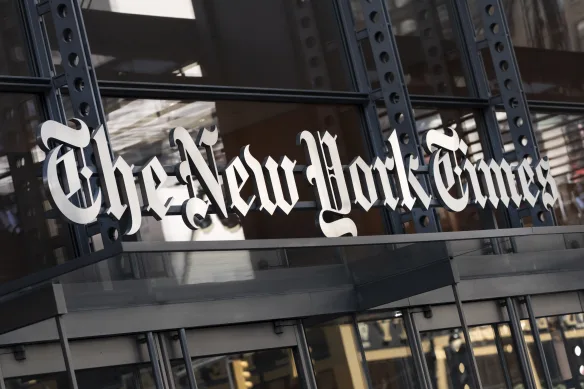Introduction
In a dramatic turn of events, The New York Times has initiated legal proceedings, filing a lawsuit against Microsoft and OpenAI, alleging copyright infringement. This article delves into the intricacies of the case, shedding light on the details, potential ramifications, and expert opinions on this clash between media and technology giants.
Details of the Copyright Dispute
- Allegations of Misuse: The New York Times claims that Microsoft and OpenAI have improperly used copyrighted material, specifically alleging unauthorized replication and distribution of content produced by the newspaper.
- Technology at the Center: The lawsuit centers on the utilization of advanced language models, developed by OpenAI in collaboration with Microsoft, to generate content that The New York Times argues resembles its original journalistic work.

A Comparative Look: Key Arguments in the Copyright Dispute
| The New York Times’ Claims | Microsoft and OpenAI’s Defense |
|---|---|
| Unauthorized Content Use | Fair Use Doctrine |
| Replication of Original Work | Transformative Nature of AI-generated Text |
Insights from Legal Experts: Potential Outcomes
Legal experts weigh in on the case, offering perspectives on the possible outcomes and the broader implications for copyright law and the intersection of media and artificial intelligence.
Expert Opinions on Potential Outcomes
- Settlement Discussions: Given the high-profile nature of the case, settlement discussions could be initiated to resolve the dispute outside the courtroom, sparing both parties prolonged legal proceedings.
- Precedent for AI-Generated Content: The case may set a precedent regarding the legal boundaries of using AI-generated content, clarifying the extent to which advanced language models can be employed without infringing on copyright.
Conclusion: Shaping the Future of Copyright in the Digital Age
As The New York Times takes legal action against Microsoft and OpenAI, the outcome of this copyright dispute has far-reaching implications for the media and technology industries. The case not only underscores the challenges posed by the intersection of traditional journalism and AI but also has the potential to shape the legal landscape surrounding the use of advanced technologies in content creation. Stakeholders across sectors will closely monitor the proceedings, anticipating insights into the evolving dynamics between media entities and technological innovators in the digital age.












